Population Health versus Public Health
Population Health (PopH) describes the health needs of a defined group’s entire life span. It help us to understand multiple determinants including social, educational, economic, behavioral, and environmental factors influence population health outcomes that influence health of populations. Public health services (PH) are typically provided by government agencies and include core public health functions of health assessment, assurance, and policy setting. PopH is less associated with health departments at the government level and includes healthcare delivery system. It includes broader array of determinants of health than is typical public health and outcomes go beyond state and local public health agencies and healthcare delivery systems.
Improving PopH requires partners across many sectors including public health, health care organizations, community organizations, and businesses.
Social determinants play a key role in the health of each individual and have gained importance in recent health policy discussions. Poor education, lack of affordable housing, and insufficient income affect not just the individuals and families who have fewer resources but all the communities in which they live. Gathering social determinants of health data would result in effective risk assessment to ultimately support population health management and can help healthcare professionals to identify care gaps.
Interventions that address social, behavioral and environmental determinants of health are also less developed.
Several challenges limit integration of social determinants of health data. Some of these challenges are limited knowledge of what works best, lack of standardization and tools, limited knowledge in connecting patient, population, and public health data and need for health systems to understand their communities better, sharing data across sectors and Identifying and developing right technologies.
Intersection of ICT and population health
The beginning of the 21st century provides a possibility of an unprecedented era of scientific discovery and promise. ICT continues to proliferate at a rapid pace and explored to effectively and efficiently communicate with, engage, and educate the diverse public. Such technologies can be utilized as web-based apps, mobile phones, and alert systems. Computers are now available at much lower and affordable prices. Internet is a massive network, connecting millions of computers. The worldwide web allows individuals to access information via a computer, mobile telephone, PDA, games machine, and digital T.V.Technology is now playing a significant role in HMIS, Public Health Surveillance, Geographic Information System, and EHRs and facilitates access to both public health programs and services. More and more organizations are beginning to record population level data using cloud-based tools and technologies. Mobile devices includingsmartphones, tablet computers, and remote monitoring devices provide ample potential for use in disease prevention, early risk identification, healthcare delivery, and timely support to populations living in diverse settings.
Why Population Health Informatics (PopHI)
Informatics serves as a bridge across practitioners and professions to support collaboration and electronic communication. A paradigm shift towards the area of Population Health Informatics (PopHI) has begun. This shift is because of the increasing focus on social health determinants of health. PopHI involves use of ICTs to improving health and wellbeing of a defined community that facilitates integration of social determinants of health data. The current need for PopHI arises from dramatic improvements in information technology, new pressures on the public health system, and changes in health care delivery. PopHI systems involves creation, storage, and processing of data to generate meaningful information and knowledge forwell-informed, evidence based decision making for populations living indiverse settings.
Opportunities and Challenges related to PopHI
Emerging technologies provide enormous opportunities for population health improvement. These also present an opportunity for addressing global health challenges in both developed and developing countries. Health information technology provides individuals with an opportunity to record their data, and make it meaningful. Health technologies including mobile health technology holds significant potential for engaging individuals in disease prevention and health promotion. It provides individuals with the necessary tools to record their data, and make data meaningful. Some of the challenges that exist in relation to the PopHI tools and technologies include; privacy and security of population data, confidentiality, quality, sustainability; data sharing governance and existing technology divide. Barriers such as cost, poor infrastructure, lack or limited internet, or inadequate trained human resources often prevent or delay the adoption of technology in healthcare. Technical constraints, including connectivity, bandwidth provision, and reliability, also need to be taken into account during PopHI implementations.
There is an increasing need for tools and technologies that facilitate knowledge construction. There is an urgent need for PopHI training with an emphasis on competence in population health, data analytics, systems thinking, evaluation, and transdisciplinary approaches to problem solving, communication, leadership, advocacy, and technology. Economic evaluations also need to be taken into consideration when designing, developing, implementing and evaluating PopHI interventions. The adoption of population health technologies will require optimal research in the field of population health informatics.
Get your idea out into the world.
My passion is helping you create your product or service. I’ve worked for years in public health and seen how many wonderful ideas there are in the world. There’s certainly no lack of dreaming. There is, sadly, a lack of know-how and follow-through. Which is why I’ve created a free Guide for Creating Global Solutions. It outlines my 6-step proven approach to turning your idea into a reality.
Click subscribe, fill out the form, and you’ll receive an email with the guide. I’m also hard at work on launching my technology platform, SMAART™, which is designed to help you organize your research and data, as well as develop any technology needs, all in one solution. I’m passionate about helping you make your ideas a reality, so I’m building a one-stop-shop for people just like you!

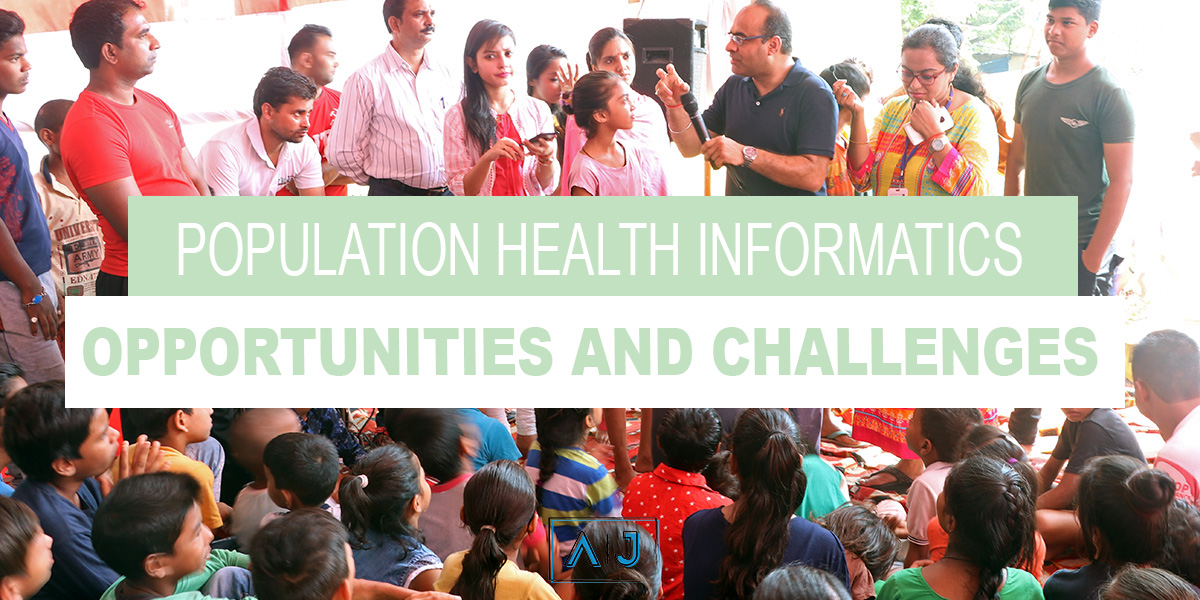





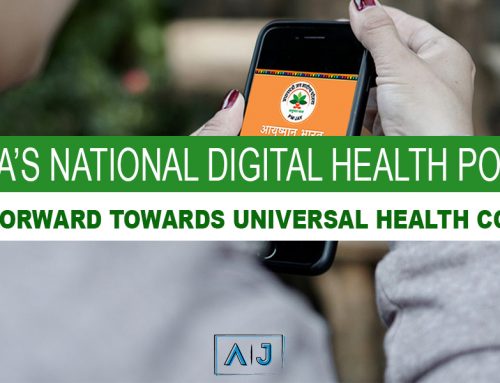
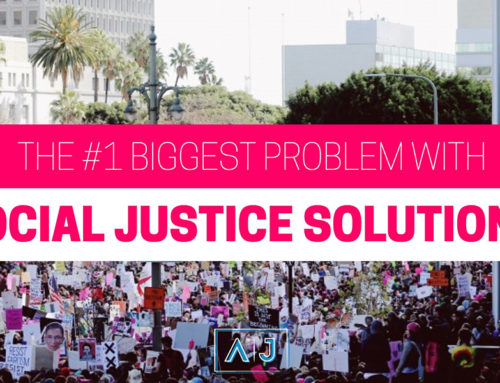
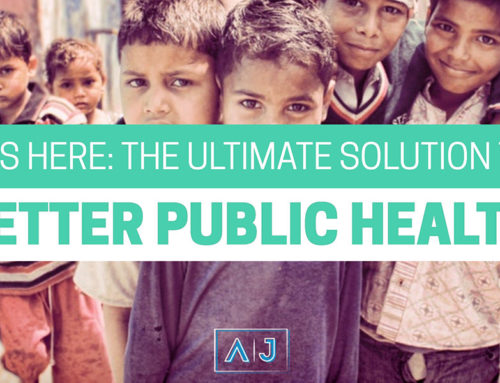
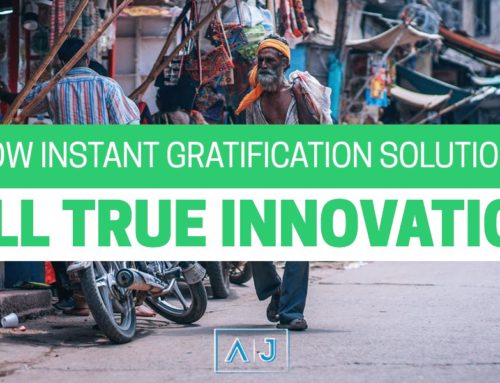
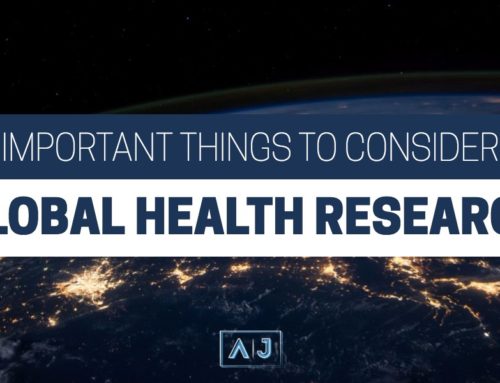
Leave A Comment